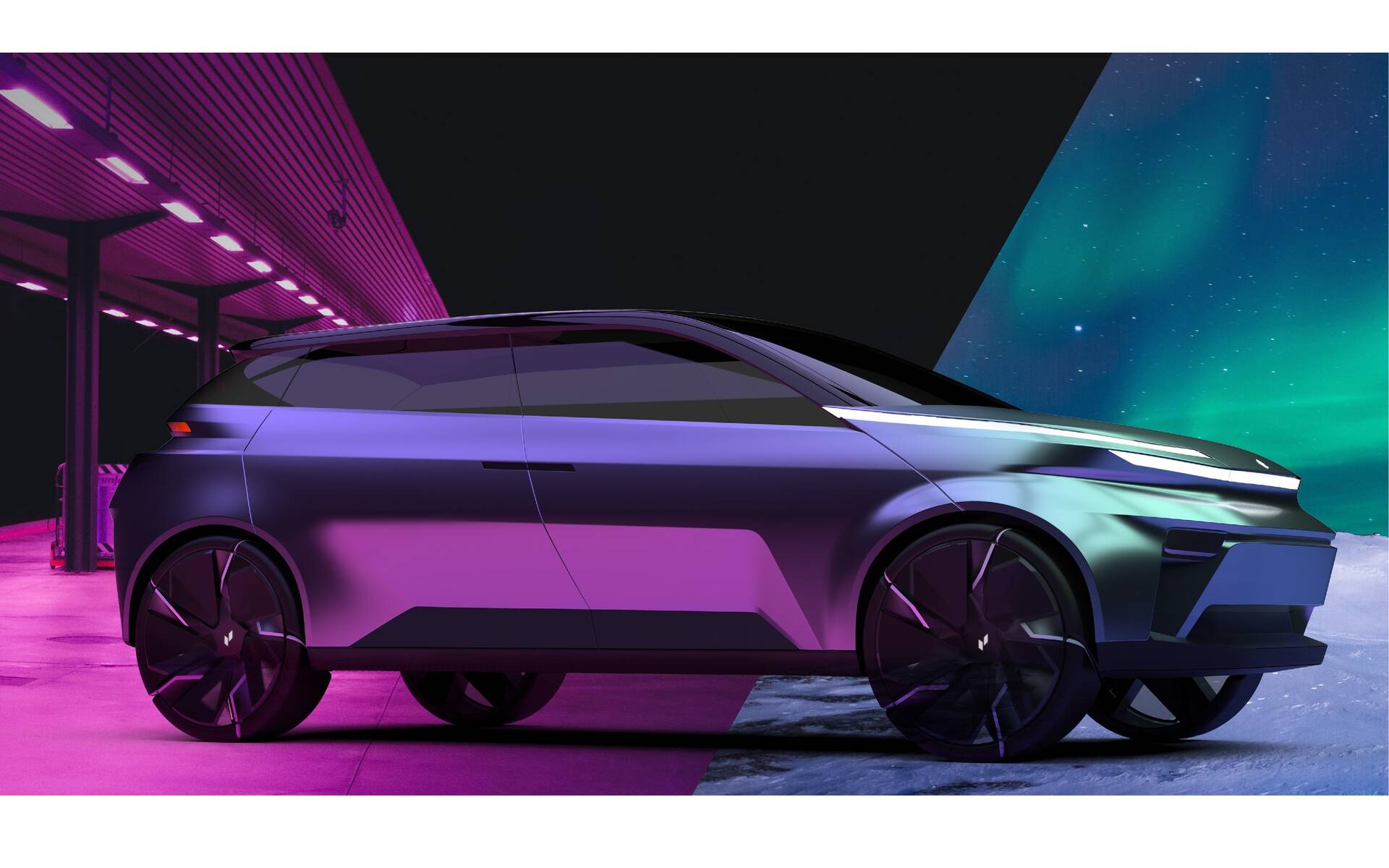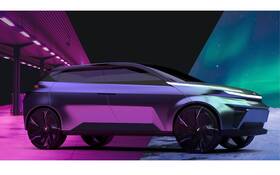Project Arrow: All-Canadian, All-electric Concept Takes Shape
The Canadian auto industry has the expertise and resources to build all sorts of vehicles and parts for dozens of automakers, but what if we had an all-Canadian engineered, supplied and built, lightweight electric vehicle?
At the beginning of the year, the Automotive Parts Manufacturers’ Association (APMA) challenged industry stakeholders, businesses and post-secondary institutions to work on Project Arrow, named after the all-Canadian-made Avro Arrow interceptor aircraft from the 1950s. We now know what it will look like.
- Also: Gas-only Cars to be Banned in Quebec in 2035
- Also: Watch: Canadian-built Electric Snowmobile Drag Races a Tesla Model S
The winning design, chosen out of nine complete submissions, comes from Carleton University’s School of Industrial Design in Ottawa. A total of 93 Canadian companies are involved in the project, which is entering the engineering phase.

Unsurprisingly, the vehicle is shaped like a compact SUV—by far the most popular segment right now and likely for years to come. And naturally, in a country where two provinces have already announced plans to ban sales of gasoline-only vehicles (Quebec in 2035 and British Columbia in 2040), the Arrow is also fully electric.
The lines are quite futuristic. The gigantic panoramic roof is framed by rails that merge into the floating rear spoiler, the ultra-thin headlights extend all the way to the doors, while the mirrors are replaced by cameras. The fan-style alloy wheels are impossible to miss, either.
Since this is just a design study, the technical aspects of the Arrow have yet to be discussed. The concept will be virtually unveiled in 2021 and released as a prototype the following year thanks to a team led by the University of Ontario’ Institute of Technology. It will then tour auto shows, exhibitions and automakers’ headquarters—provided the COVID-19 pandemic is ancient history.

APMA president Flavio Volpe estimates that building a concept will cost up to $2 million. Developing such a vehicle for series production would require an investment of at least $1 billion, however.
Volpe says it’s still too early to talk about production, but he’s also leaving the door wide open to any domestic company that wants to build the Arrow at volume.
To learn more, go to projectarrow.ca.











